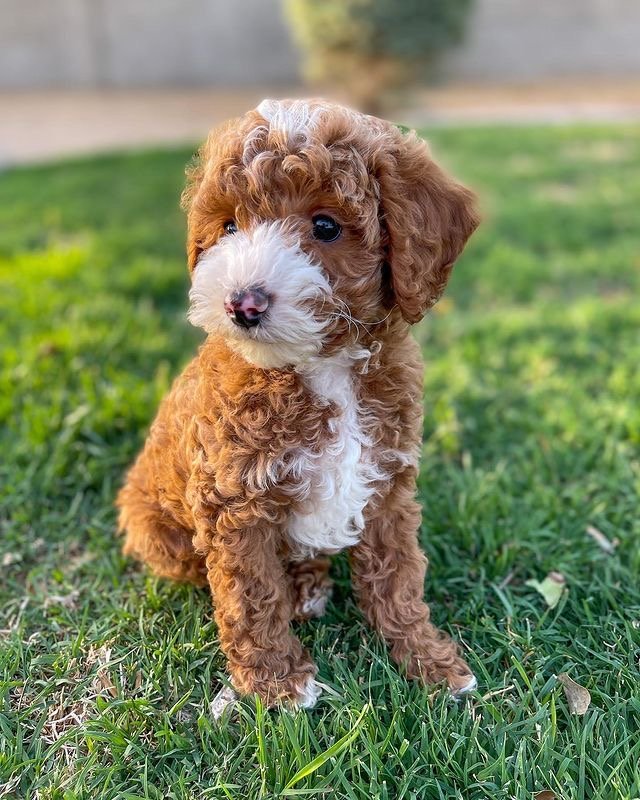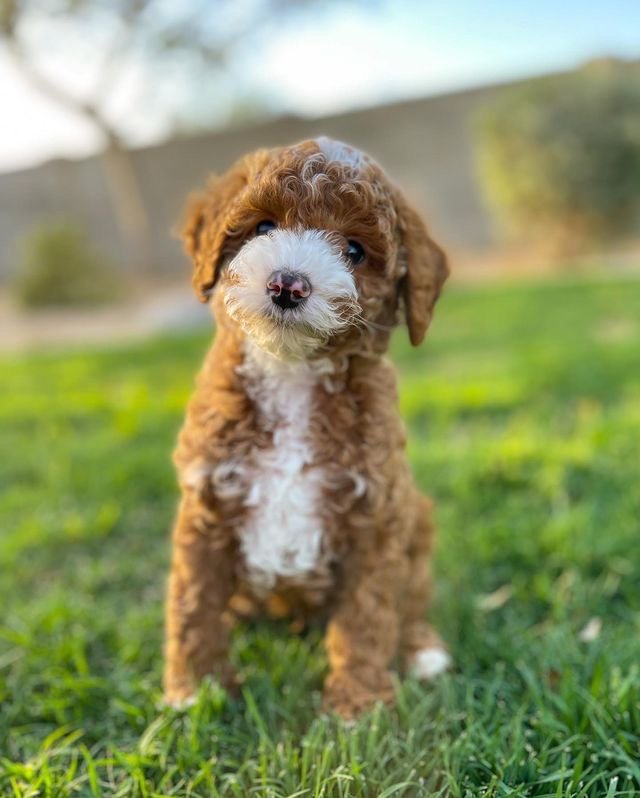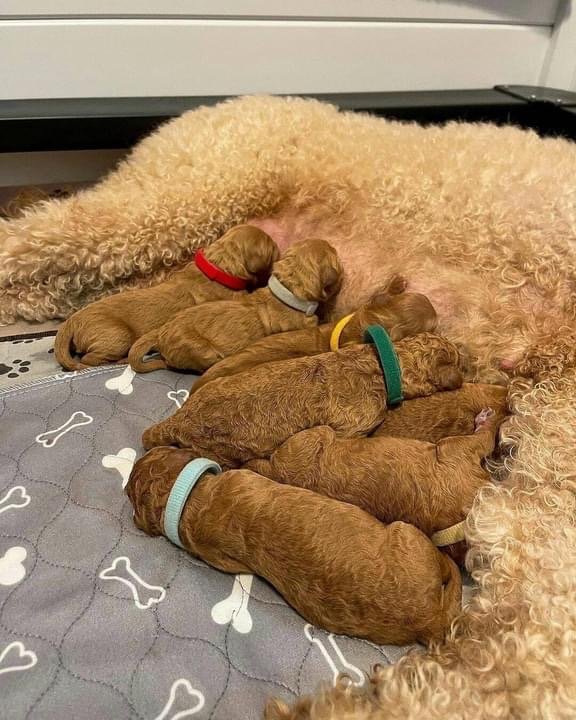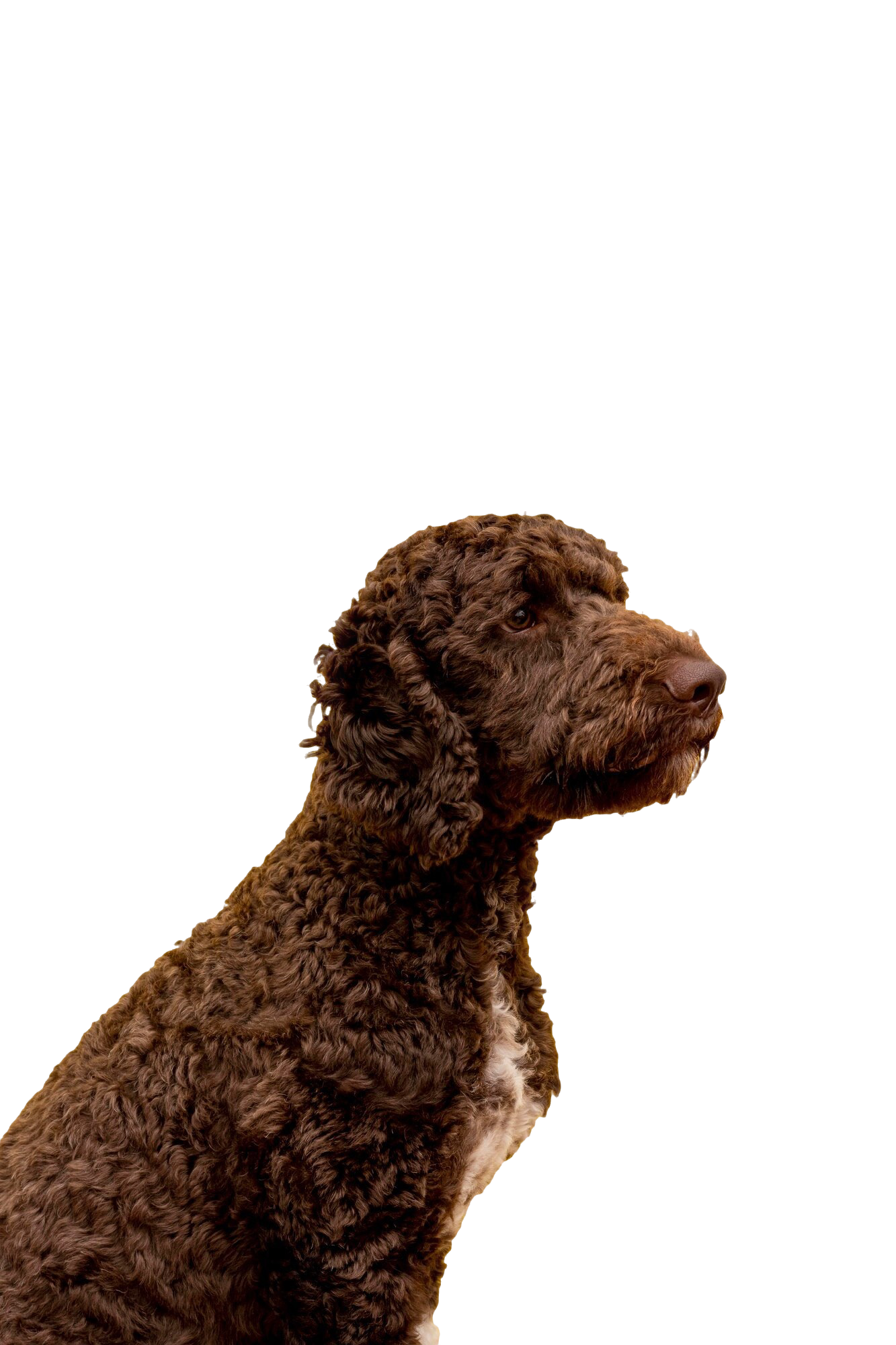
Goldendoodle breed all information you should know?
As a breeder and a lifelong dog enthusiast, I’ve had the privilege of working with a wide variety of breeds, but there’s something truly special about the Goldendoodle. Their combination of intelligence, charm, and a low-shedding coat has made them one of the most sought-after family dogs in the world. My name is Michael Anderson, and through my business, Elite Puppies for sale, I’ve helped countless families find their perfect Goldendoodle companion.
I’ve personally seen how a Goldendoodle can light up a home with their playful spirit and unwavering loyalty. If you’re considering adding a Goldendoodle to your family, it’s vital to understand everything about this incredible Goldendoodle breed. From their unique history to their specific care needs, knowing the ins and outs of the Goldendoodle breed is the first step toward a successful and happy life together. This post will give you the comprehensive information you need about the Goldendoodle breed.

Key Takeaways
- A Designer Dog: The Goldendoodle is a hybrid dog, a cross between a Golden Retriever and a Poodle, originally bred in the 1990s.
- Temperament: Known for their friendly, intelligent, and social nature, Goldendoodles are excellent family pets and are often used as therapy or service dogs.
- Coat Types and Grooming: The Goldendoodle breed has a variety of coat types straight, wavy, or curly all of which require regular grooming to prevent matting.
- Health and Longevity: The Goldendoodle breed is generally healthy, with a lifespan of 10-15 years, but they can be susceptible to health issues from their parent breeds, which is why ethical breeding and health testing are so important.
- Training and Exercise: Goldendoodles are highly intelligent and trainable, but they are also energetic and require daily exercise and mental stimulation.
- Sizes: Goldendoodles come in a variety of sizes, from mini to standard, depending on the size of the Poodle parent.
Understanding the Goldendoodle Breed: History, Temperament, and What Makes Them Unique
The Goldendoodle, sometimes affectionately called a “Groodle” in Australia, is not a purebred dog but a designer breed that has captured hearts globally. The Goldendoodle breed was first developed in the late 1960s with the goal of creating a guide dog with the gentle temperament of a Golden Retriever and the low-shedding coat of a Poodle. The true rise to popularity for the Goldendoodle breed, however, came in the 1990s, when they became widely sought after as family pets. What makes the Goldendoodle breed so appealing is this specific combination of traits.
From my personal experience at Elite Puppies for sale, the Goldendoodle’s temperament is truly what sets them apart. They inherit the best of both worlds: the Golden Retriever’s loyalty, affection, and patient nature, and the Poodle’s remarkable intelligence and trainability. This blend results in a dog that is not only eager to please but also incredibly adaptable. I’ve seen Goldendoodles thrive in busy family homes with multiple children and other pets, and they are also wonderful companions for individuals or seniors.
They are an emotionally intuitive Goldendoodle breed that often forms a deep bond with their families, making them excellent therapy and emotional support animals. Their friendly and outgoing personality means they love to be a part of all family activities and do not do well when left alone for long periods. They are not known to be big barkers, but they will certainly alert you to visitors, though they’re far too friendly to be good guard dogs. This friendly and intelligent nature is a core part of the Goldendoodle breed.
Health and Longevity of the Goldendoodle Breed
As a breeder, I can’t stress enough the importance of health when it comes to the Goldendoodle breed. While designer breeds often benefit from “hybrid vigor,” which can result in fewer health problems than their purebred parents, the Goldendoodle is still susceptible to a number of inherited conditions. This is where a reputable breeder’s expertise and trustworthiness are absolutely vital.
A good breeder will be transparent about the health of their parent dogs and will have performed extensive genetic testing to screen for common issues. The average lifespan of a Goldendoodle is typically between 10 and 15 years, but this can be greatly influenced by the care they receive and their genetic background.
Some of the most common health concerns for the Goldendoodle breed, inherited from their parent lines, include:
- Hip and Elbow Dysplasia: This is a condition where the hip or elbow joint doesn’t fit together properly, which can lead to pain, lameness, and arthritis. It’s more common in larger dogs, and a responsible breeder will always have their breeding dogs’ hips and elbows certified by the Orthopedic Foundation for Animals (OFA).
- Eye Conditions: Goldendoodles can inherit eye issues like Progressive Retinal Atrophy (PRA), which can lead to blindness. Again, genetic testing for this is non-negotiable for any reputable breeder.
- Heart Conditions: A small percentage of Goldendoodles can be prone to heart diseases like Subvalvular Aortic Stenosis (SAS).
- Von Willebrand’s Disease (vWD): This is a blood-clotting disorder that can be inherited from the Poodle side.
- Gastric Dilatation-Volvulus (GDV) or Bloat: This is a life-threatening condition where the stomach twists. It is more common in larger, deep-chested dogs.
By choosing a breeder who is committed to a rigorous health testing protocol, you are investing in the long-term health and well-being of your future Goldendoodle. I’ve seen the heartbreak that comes from preventable health issues, and it’s a situation that can often be avoided with the right breeder.
A Guide to Goldendoodle Breed Coats, Grooming, and Exercise
One of the most unique and appealing characteristics of the Goldendoodle breed is its coat. There are three main types: straight, wavy, and curly. The coat type a puppy has is determined by the genetics of its parents. Many people are drawn to the Goldendoodle because of its reputation as a “hypoallergenic” dog, and while no dog is truly 100% hypoallergenic, the Goldendoodle’s low-shedding coat makes it a great choice for individuals with mild to moderate allergies.
However, this non-shedding trait comes with a significant grooming responsibility. A Goldendoodle’s coat, especially the curly or wavy type, is prone to matting and requires regular brushing and professional grooming. I always advise new Goldendoodle owners to set up a regular grooming routine, which includes brushing at least a few times a week and professional grooming every 6-8 weeks. This not only keeps their coat looking great but also prevents painful matting and allows you to check their skin for any issues.
The Goldendoodle breed is also an active and energetic one, and they require a good amount of daily exercise to stay happy and healthy. This isn’t a Goldendoodle breed that will be content to lie on the couch all day. Both the Golden Retriever and the Poodle are working and sporting dogs, and they pass this energy down to their Goldendoodle offspring.
I recommend at least 30-60 minutes of vigorous exercise each day, which can include long walks, runs, hikes, or playing fetch. They are also natural swimmers and often love water activities. Without adequate exercise and mental stimulation, a bored Goldendoodle can become prone to destructive behaviors like chewing and digging. A good breeder, like Elite Puppies for sale, will have a solid understanding of this need and will be able to guide you on the best exercise routines for a Goldendoodle puppy.

The Goldendoodle Breed: Finding Your Perfect Companion
When you’re ready to find your Goldendoodle, it’s crucial to look for a breeder who is an expert on the Goldendoodle breed. A breeder who truly demonstrates expertise and trustworthiness will be a member of organizations like the Goldendoodle Association of North America (GANA). They will have a clear mission and vision for their breeding program, focusing on health, temperament, and quality.
They will also be happy to answer all of your questions, provide you with references from previous clients, and show you the living conditions of their dogs. They will likely have a puppy-raising program that includes early neurological stimulation and socialization. A breeder who is truly invested in the Goldendoodle breed will be a resource for you for the lifetime of your dog.
Conclusion
The Goldendoodle breed is a remarkable combination of intelligence, charm, and loyalty. As a breeder who has spent years perfecting the art of raising these dogs, I can tell you that a Goldendoodle has the potential to be the most loving and fulfilling addition to your family. But as with any dog, a strong foundation starts with knowing everything about the Goldendoodle breed.
From understanding their unique history and health needs to committing to their grooming and exercise requirements, being well-informed is the first step toward a successful journey. By choosing a reputable and ethical breeder, you are not just buying a dog; you are making a lifelong commitment to a well-bred, healthy, and happy companion. I hope this guide has given you a deeper understanding of the Goldendoodle breed and has empowered you to find the perfect puppy for your family.
Frequently Asked Questions
Q: Are Goldendoodles truly non-shedding or hypoallergenic?
A: This is a question I get asked a lot. While the Goldendoodle breed is often marketed as “hypoallergenic,” the truth is more nuanced. No dog is 100% hypoallergenic, but the Goldendoodle, thanks to its Poodle ancestry, is a low-shedding breed. This means they produce less dander, which is the primary cause of allergic reactions in humans.
However, the amount of shedding can vary greatly depending on the individual puppy’s coat genetics. A wavy or curly-coated Goldendoodle is more likely to be low-shedding than one with a straight coat. A reputable breeder will be an expert on the Goldendoodle breed and will be able to give you a good idea of what to expect from a particular litter.




